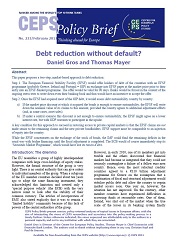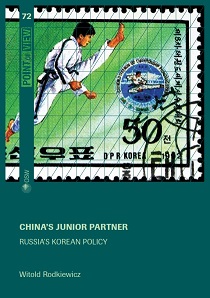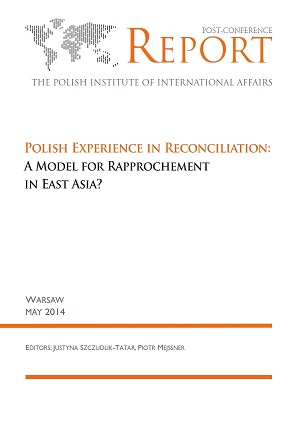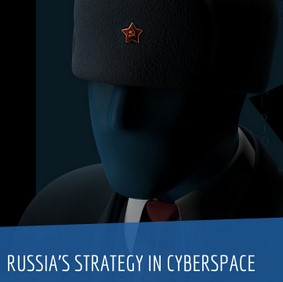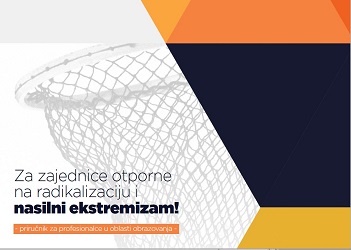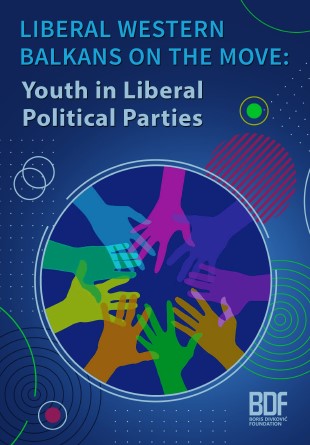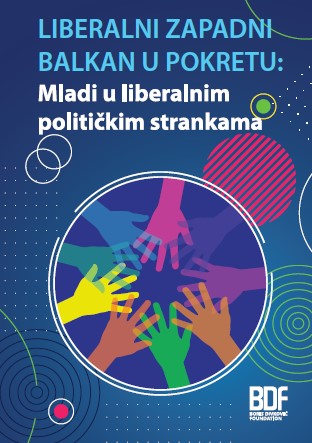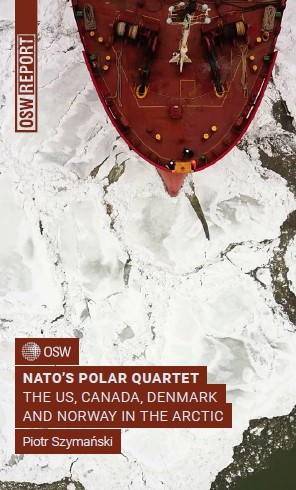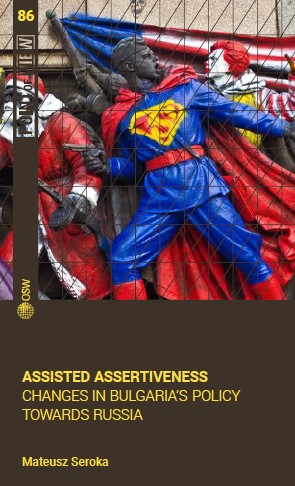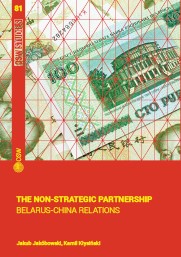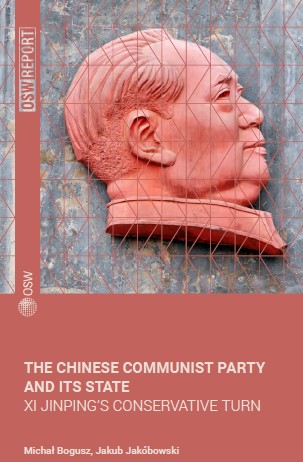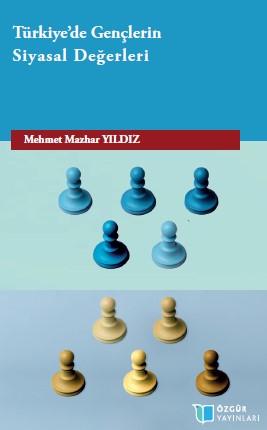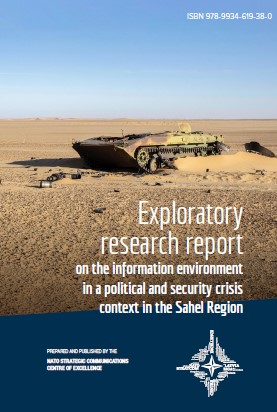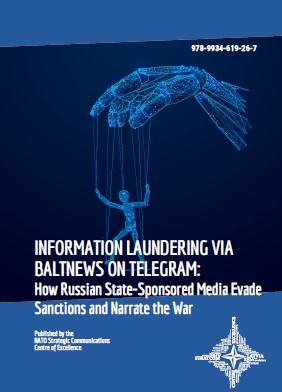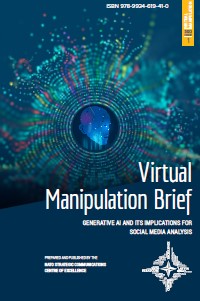Author(s): Filip Černoch,Tomáš Vlček / Language(s): Czech
This book addresses various aspects of the energy sector of the Czech Republic. There is hardly a more turbulent and more sensitive sector of the economy of the Czech Republic than the energy sector. As a result, its future has been carefully monitored by not only the political and economic elite of the country, but also by the general public. The book Energy Sector of the Czech Republic is divided into ten chapters. The first one describes the key actors and the legislative framework of the energy sector of the Czech Republic, including an analysis of the Government, the Ministry of Industry and Trade, the Ministry of Environment, and other legislative and regulatory bodies and political parties. The second chapter introduces the rich and complicated history of the development of the Czech national energy sector. The following chapters familiarize the reader with the coal, oil, natural gas, nuclear, and renewable industries. Chapters are divided into sections covering history, legislation, usage, future trends, and key issues and problems in the sector. Chapters eight and nine shift the focus to electricity and heat; while they are not primary sources of energy, they both have their own chapter to make the book more comprehensive and cohesive. Finally, chapter ten considers the foreign policy dimension of energy security of the Czech Republic, especially with regards to the European Union. The book is recommended to scholars and researchers, as well as experts in the competent fields of study, but will also serve as a guide for those outside of academia who work with the topic daily, such as in public administration. Finally, the general reader can make great use of this book to get a thorough yet accessible impression of the Czech energy sector.
More...
